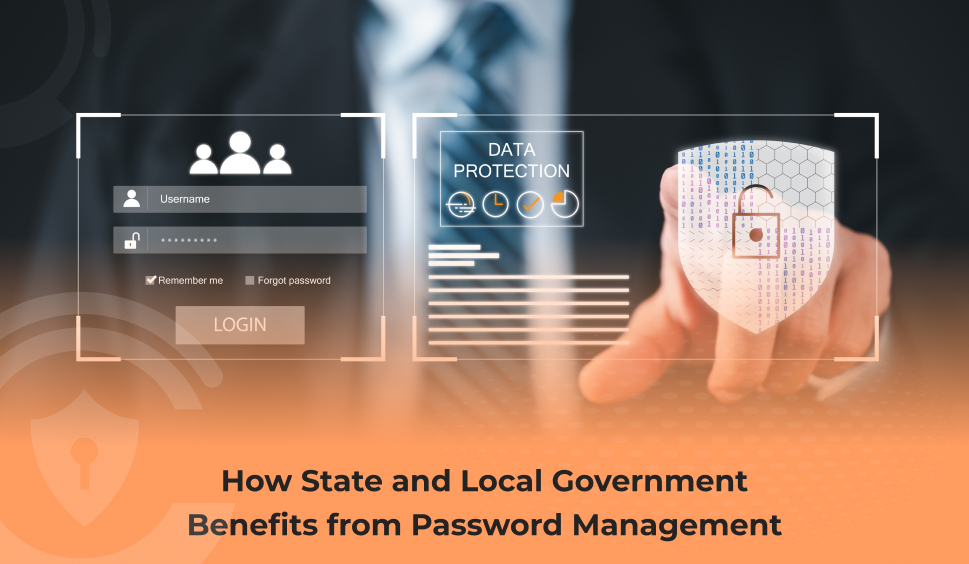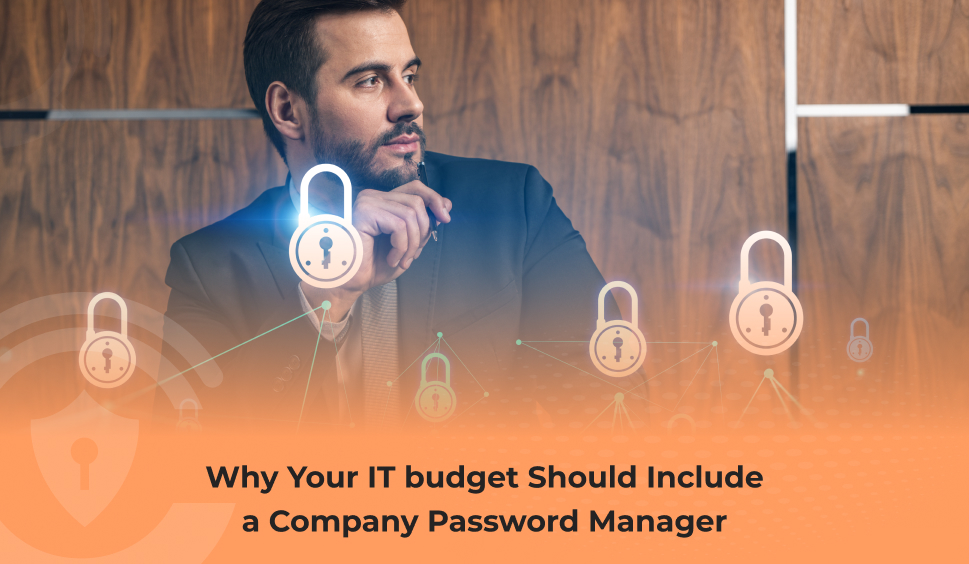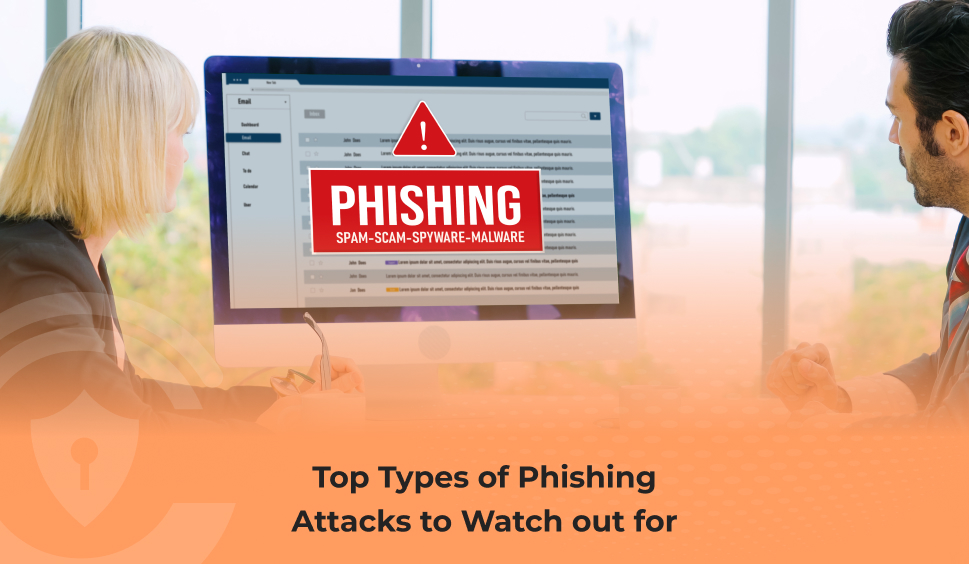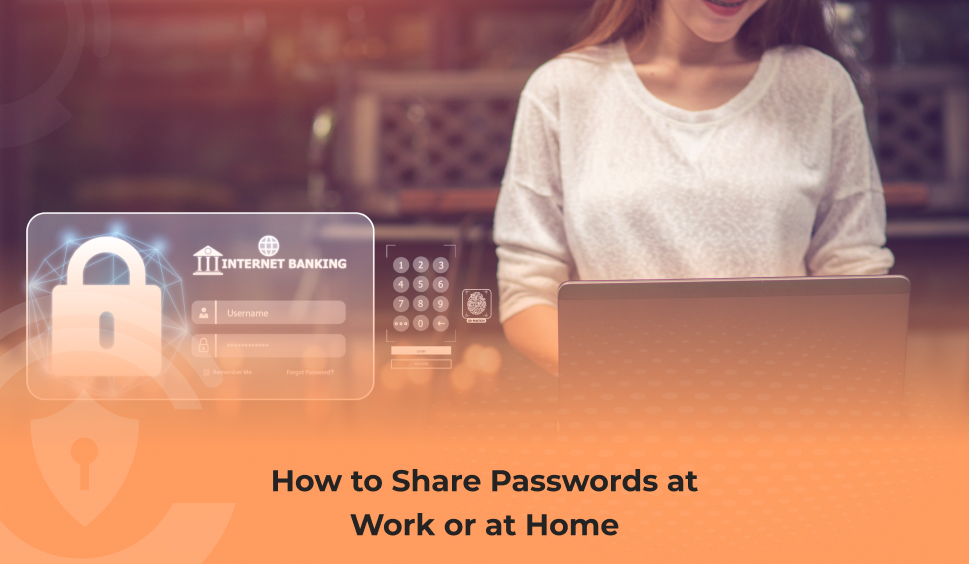
How To Secure Your Accounts Using A Password Manager
On average, a normal person has more login credentials than they can recall. Many users have numerous accounts they’ve forgotten, along with essential personal and professional accounts like banks, social media, and work tools. Some may be old social network accounts or one-time Internet business accounts.
Each account requires a password to remember, and most people use simple methods like names of children or pets, birthdates, and common phrases. However, creating passwords from common words isn’t very secure. That’s why providers now enforce rules for stronger credentials, such as rejecting reused passwords and requiring special characters or minimum lengths.
Making Passwords More Protected
While this step focuses more on password security, it also focuses on the user who must now remember long, difficult passwords which means that people can write down their complex passwords, or worse type them into encrypted files on their device. These shortcuts take out the efficiency from the password security.
And it’s foolish to take easy cybersecurity these days:
- 51% of people use the same passwords for both personal and professional accounts.
- More than 80% of data breaches are a result of poor password security.
- 90% of passwords are vulnerable to attacks.
Password management tools bridge the gap between having to generate a robust password and ease. Many managed IT service providers provide and recommend a password manager to protect their clients due to the substantial increase in security they offer at a very cost-efficient cost.
Let us have a look at how password managers work and how they help keep you safe.
What is a Password Manager?
A password manager refers to a software solution that keeps all your passwords in one centralized “vault.” A single master password can access the encrypted “vault.” Password managers come with several advantages to the end-user.
- The best password managers use randomization to generate complex passwords that are nearly impossible to crack.
- You only need to remember the password manager’s master password because it provides access to all of the linked accounts but it also should be a strong password. It’s far easier to remember one password than many.
- Two-factor authentication (2FA) is one of the extra security features that many password managers include. A special, one-time verification number is sent to your mobile device when you try to access your password manager. Security professionals strongly advise 2FA because it is extremely difficult to get around.
Are Password Managers Secure?
Using a password manager comes with an expected risk of centralizing all your private login credentials, making them possibly more vulnerable. To reduce the possibility of your vault being compromised, modern providers use multiple layers of security.
Most well-known password managers have never experienced major breaches. Like all software, some have shown vulnerabilities, but these are typically patched quickly and without serious issues. Currently, the risk of someone breaking into a secure password manager is far lower than someone finding your master password written down. Cybersecurity experts recommend password managers for this reason.
However, another issue is being locked out by forgetting your master password. Most managers have a recovery system in place. When choosing one, it’s crucial to evaluate their recovery process to ensure it’s secure and can’t be misused as a backdoor.
Security Protocols Followed by Password Managers
Most password managers have a number of security features to reduce any concerns related to security risk. Although every manager is different, some of the processes used involve:
-
Encryption
Encoding your passwords into an unreadable encrypted file is one step that helps avoid unauthorized access. The best password managers use AES-256 encryption, considered to be extraordinarily challenging and time-taking to crack. Some use numerous layers of encryption or even keep every password in its own encrypted file.
-
Zero-Knowledge Architecture
To avoid hackers from breaching the password manager’s databases and revealing all of their customer’s passwords as most password managers use the “zero knowledge” approach. This means that the password manager does not actually know your passwords because the files are encrypted before they are kept remotely on their servers. Your IT provider or MSP will not have access to the data, either.
-
Biometrics
Some password managers enable users to set fingerprints and face scans as a means of gaining access.
-
Multi-Factor Authentication (MFA)
This needs users to have access to an extra device to log in, normally the account owner’s smartphone. Because gaining access needs something you know (the master password) and something you have (the MFA device), it’s very challenging for hackers to bypass.
-
Token Devices
Similar to MFA, some password managers enable the use of token or stateless devices as an extra security measure. In most cases, this is a safe USB “key” that needs to be integrated into the device before access is given.
-
Dark Web Monitoring
Some password managers consistently scan the dark web in search of examples of users’ passwords. If it finds this data, it means the passwords have been compromised and should be changed.
How do Password Managers Generate Strong Passwords?
Password managers don’t just keep your passwords; they also generate unique, complex ones. Using advanced algorithms, they generate long, random combinations of uppercase and lowercase letters, numbers, and symbols that are nearly unlikely to guess or crack. These passwords are safe from dictionary and social engineering attacks.
Examples of Strong Passwords:
- Mgjbs#sdf15vsd$$sA
- *sab12ag2GS9$$aff
- g)f52af78fl22$1aDR
Final Words
Password managers not only store your login credentials securely but also generate strong, unique passwords for every account, effectively decreasing the risk of cyberattacks. Supported by encryption, zero-knowledge architecture, multi-factor authentication, and other robust security features, password managers provide a secure, effective solution to managing your digital identity. Whether for personal or business use, implementing a password manager is a smart step toward improved cybersecurity and peace of mind.
How Credentius Can Help?
Choose Credentius for a powerful, all-in-one password management solution trusted by individuals and businesses similarly. Whether you need safe, simplified access throughout devices or enterprise-grade control and policy implementation, Credentius provides robust encryption, easy integration, and user-friendly features that streamline password security. With Credentius, you benefit from strong password generation, encrypted vault storage, multi-factor authentication, and continuous security, helping you protect sensitive data, lessen breach risks, and simplify password management easily.
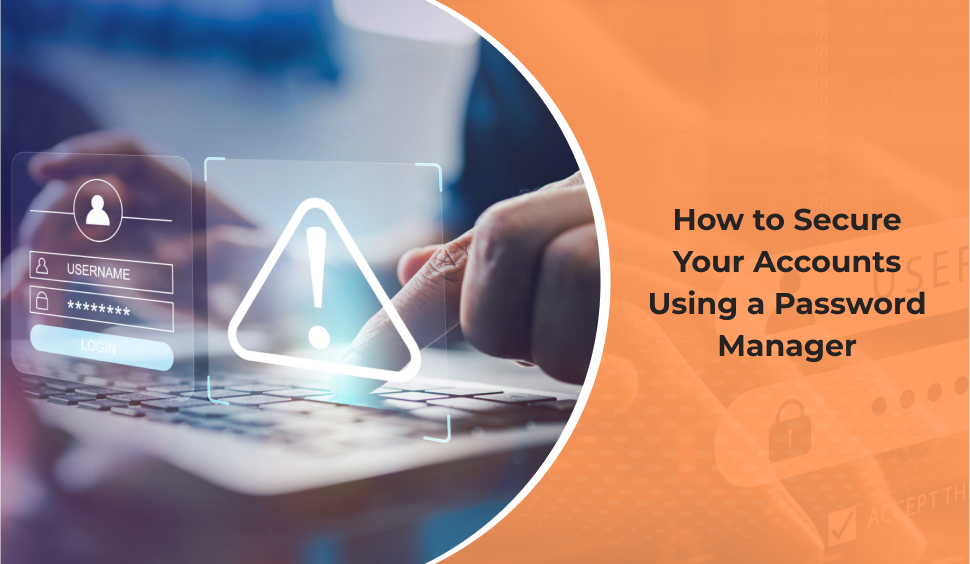
 Let's Discuss Your Tech Solutions
Let's Discuss Your Tech Solutions 


